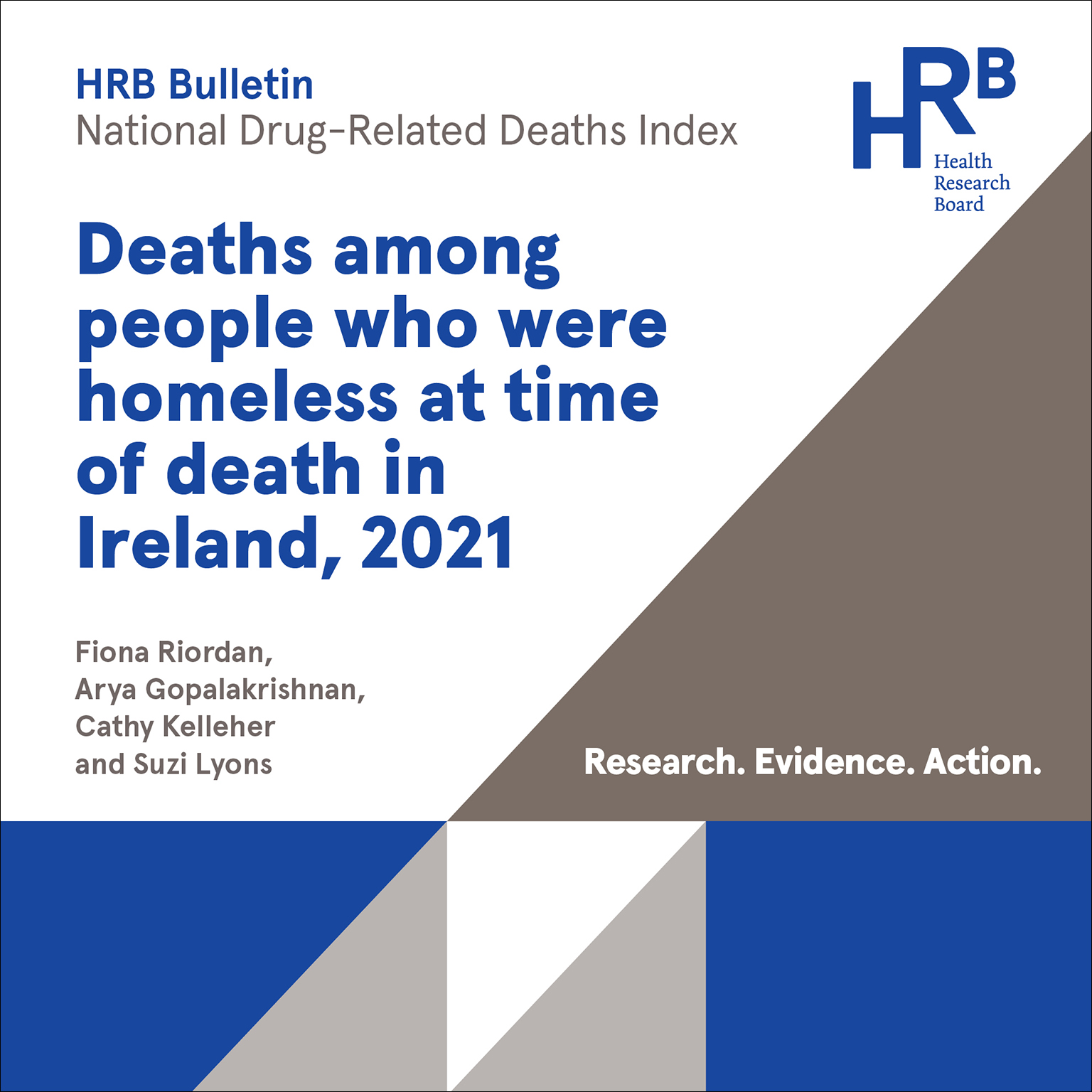Blog
Cocaine-related harm surges as 7% of adults report drug use





Discover the latest news, recent announcements and upcoming events from the HRB